La vida nocturna de República de Cuba empezó a ser un serio rival de la Zona Rosa hace apenas unos 15 años. Antes de eso, la calle mostraba una escena nocturna animada, y a menudo gay, más parecida a la escena mixta del Eje Central, y a los salones de baile del siglo XX al otro lado de la Colonia Guerrero. Los clubes se enfocaban especialmente en los bailes y ritmos latinos. Algunas de estas cantinas y salones de baile LGBT+ duraron décadas. Algunos seguían abiertos incluso hace unos años.
Hoy en día, los jóvenes frecuentan algunos lugares alrededor de la intersección con el Callejón Héroes de 57. Éste se encuentra una cuadra al este del Eje Central. Sin embargo su afluencia no ha pasado desapercibida: los clubes han sido rebautizados, cerrados, remodelados y reabiertos. Algunos incluso varias veces.
Para los viajeros LGBT+, la vida nocturna de República de Cuba se extiende hasta la Plaza Garibaldi. Algunos otros locales nocturnos más pequeños han abierto en Belisario Domínguez. Aunque República de Cuba no está repleta de locales que ofrezcan una fiesta permanente, a menudo se llena de juerguistas nocturnos que entran y salen de sus múltiples locales. También hay vendedores. Muchos de ellos atienden específicamente a las multitudes nocturnas, por lo que también se puede comer algo sabroso a estas horas. Durante y después de la Marcha del Orgullo anual, es probable que los visitantes se encuentren todos estos lugares abarrotados.

Cercano a 0.10 kms.
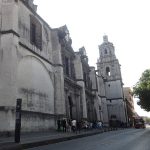
Cercano a 0.11 kms.
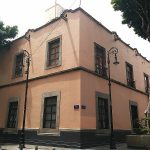
Cercano a 0.12 kms.
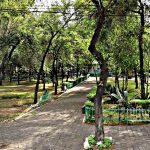
One of Mexico City's oldest continuously inhabited little towns . . .
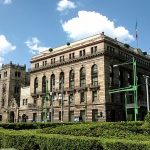
Un sublime estilo renacentista italiano ha recibido a los transeúntes durante casi 120 años. Esto es de lo que se trata.
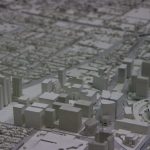
Una increíble representación en 3D de una de las mayores ciudades del hemisferio.
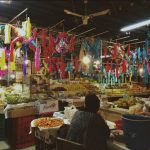
Uno de los mercados públicos más populares de Eje Central.
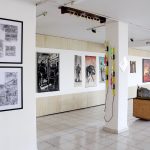
Uno de los centros de intercambio artístico más importantes de la zona de Garibaldi.